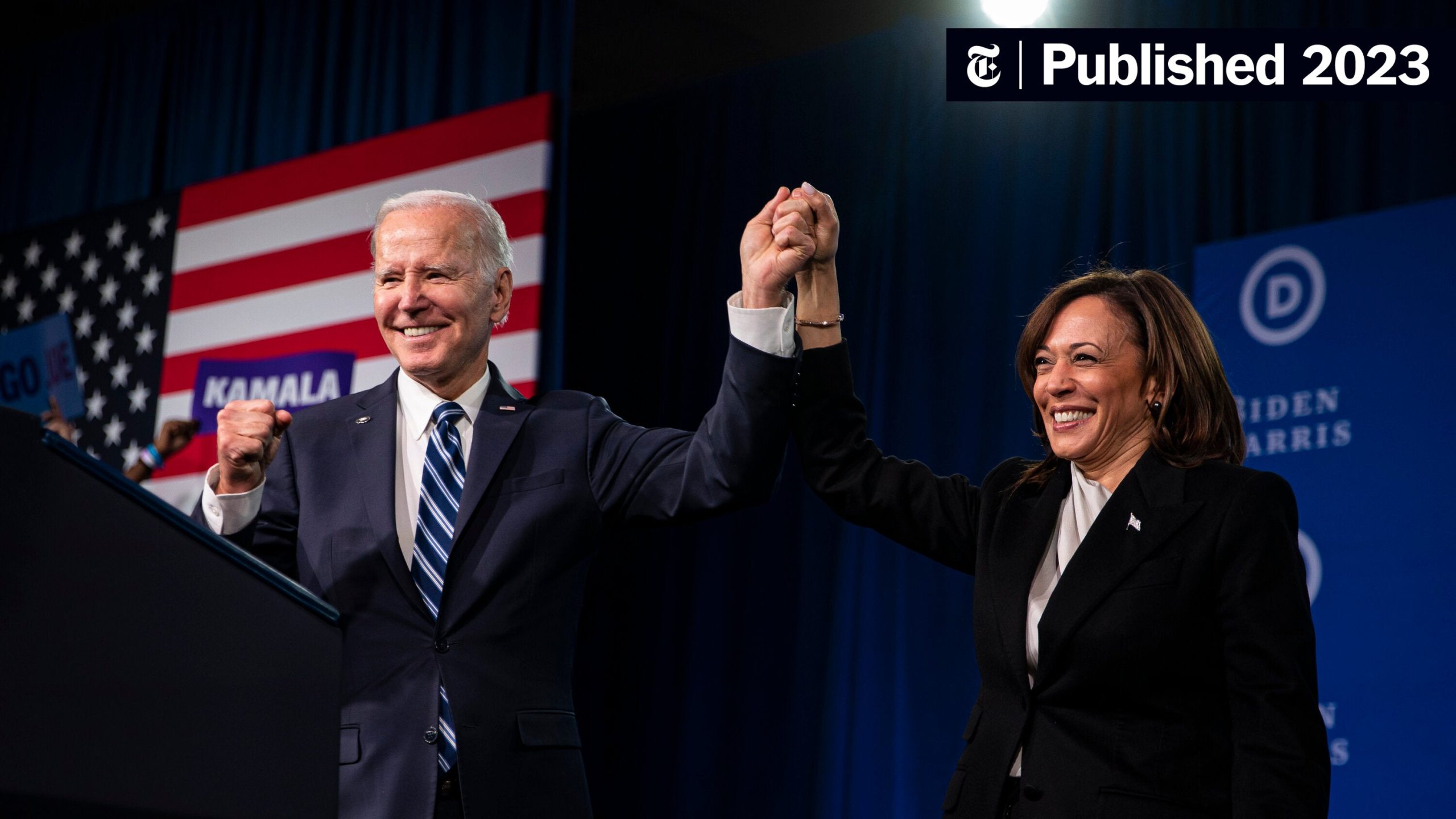Singapore’s Exclusive Deal with Taylor Swift Sparks Controversy in Southeast Asia
Singapore’s exclusive agreement with global pop icon Taylor Swift, preventing her from performing elsewhere in Southeast Asia, has stirred debate and controversy across the region. The city-state’s Prime Minister, Lee Hsien Loong, defended the deal, asserting that it was not intended as a hostile gesture but rather as a mutually beneficial arrangement.
Swift’s ongoing series of sold-out concerts at the 55,000-seat National Stadium in Singapore has been met with immense success, prompting the Singaporean government to secure exclusivity rights for the region. While the specifics of the deal remain undisclosed, reports suggest that Swift was offered a substantial sum, rumored to be up to £2.4 million per show, in exchange for this exclusivity.
Prime Minister Lee emphasized the positive outcome of the arrangement during a press conference in Melbourne, where he is attending a regional summit. He characterized the deal as successful, refuting claims of hostility and emphasizing its strategic benefits for Singapore.
The lack of transparency surrounding the deal has raised eyebrows in neighboring countries, with Thai Prime Minister Srettha Thavsin expressing disappointment at being informed of Swift’s exclusivity agreement. This sentiment was echoed by Filipino lawmaker Joey Salceda, who criticized the deal as contrary to the spirit of good neighborliness and potentially detrimental to regional relations.
In response, Prime Minister Srettha questioned the rationale behind Swift’s exclusion from Thailand, suggesting that hosting her concerts could have generated economic benefits and tourism opportunities for the country. Salceda similarly emphasized the positive impact of concerts on the economy, highlighting the missed opportunities for collaboration and cultural exchange.
The controversy surrounding Singapore’s exclusive deal with Swift underscores the complexities of cultural diplomacy and economic competition in the entertainment industry. While the arrangement has undoubtedly bolstered Singapore’s position as a regional entertainment hub, it has also sparked concerns regarding fairness, transparency, and the broader implications for regional cooperation and diplomacy.
As discussions continue, stakeholders are grappling with the delicate balance between economic interests, cultural exchange, and diplomatic relations in the dynamic landscape of Southeast Asia’s entertainment industry.








